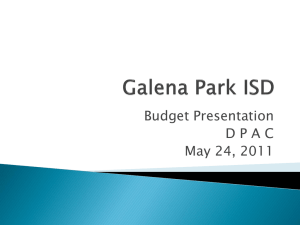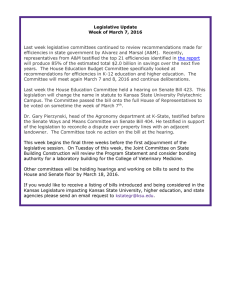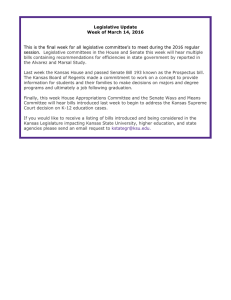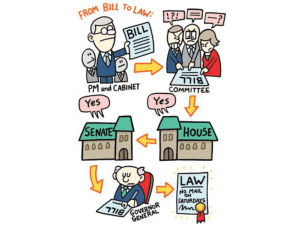Committee meetings for the first half of session concluded on
advertisement
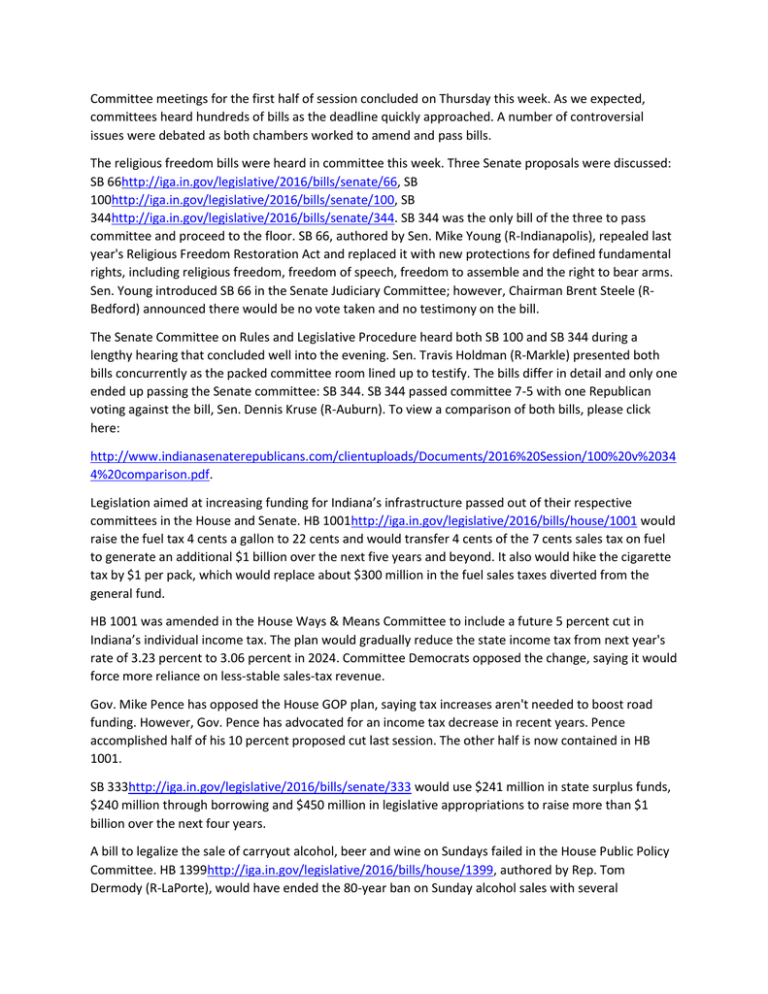
Committee meetings for the first half of session concluded on Thursday this week. As we expected, committees heard hundreds of bills as the deadline quickly approached. A number of controversial issues were debated as both chambers worked to amend and pass bills. The religious freedom bills were heard in committee this week. Three Senate proposals were discussed: SB 66http://iga.in.gov/legislative/2016/bills/senate/66, SB 100http://iga.in.gov/legislative/2016/bills/senate/100, SB 344http://iga.in.gov/legislative/2016/bills/senate/344. SB 344 was the only bill of the three to pass committee and proceed to the floor. SB 66, authored by Sen. Mike Young (R-Indianapolis), repealed last year's Religious Freedom Restoration Act and replaced it with new protections for defined fundamental rights, including religious freedom, freedom of speech, freedom to assemble and the right to bear arms. Sen. Young introduced SB 66 in the Senate Judiciary Committee; however, Chairman Brent Steele (RBedford) announced there would be no vote taken and no testimony on the bill. The Senate Committee on Rules and Legislative Procedure heard both SB 100 and SB 344 during a lengthy hearing that concluded well into the evening. Sen. Travis Holdman (R-Markle) presented both bills concurrently as the packed committee room lined up to testify. The bills differ in detail and only one ended up passing the Senate committee: SB 344. SB 344 passed committee 7-5 with one Republican voting against the bill, Sen. Dennis Kruse (R-Auburn). To view a comparison of both bills, please click here: http://www.indianasenaterepublicans.com/clientuploads/Documents/2016%20Session/100%20v%2034 4%20comparison.pdf. Legislation aimed at increasing funding for Indiana’s infrastructure passed out of their respective committees in the House and Senate. HB 1001http://iga.in.gov/legislative/2016/bills/house/1001 would raise the fuel tax 4 cents a gallon to 22 cents and would transfer 4 cents of the 7 cents sales tax on fuel to generate an additional $1 billion over the next five years and beyond. It also would hike the cigarette tax by $1 per pack, which would replace about $300 million in the fuel sales taxes diverted from the general fund. HB 1001 was amended in the House Ways & Means Committee to include a future 5 percent cut in Indiana’s individual income tax. The plan would gradually reduce the state income tax from next year's rate of 3.23 percent to 3.06 percent in 2024. Committee Democrats opposed the change, saying it would force more reliance on less-stable sales-tax revenue. Gov. Mike Pence has opposed the House GOP plan, saying tax increases aren't needed to boost road funding. However, Gov. Pence has advocated for an income tax decrease in recent years. Pence accomplished half of his 10 percent proposed cut last session. The other half is now contained in HB 1001. SB 333http://iga.in.gov/legislative/2016/bills/senate/333 would use $241 million in state surplus funds, $240 million through borrowing and $450 million in legislative appropriations to raise more than $1 billion over the next four years. A bill to legalize the sale of carryout alcohol, beer and wine on Sundays failed in the House Public Policy Committee. HB 1399http://iga.in.gov/legislative/2016/bills/house/1399, authored by Rep. Tom Dermody (R-LaPorte), would have ended the 80-year ban on Sunday alcohol sales with several conditions. Those stipulations included that retailers kept displays away from toys and school supplies, mini bottles of liquor were secured, and sales clerks were 21 or older and received server training. The bill failed 8-5. The battle for the office of Superintendent of Public Instruction gained interest this week as Republican candidate, Jennifer McCormick, announced her plans to run against incumbent Democrat Glenda Ritz. McCormick hails from Yorktown and is the superintendent of Yorktown Community Schools. Rep. Randy Truitt announced he will not seek re-election in 2016. The West Lafayette Republican announced he plans to retire from the legislature at the end of the year and will not run for re-election in House District 26. The first half of session concludes next week. House and Senate bills must pass the second reading deadline by February 2. The House and Senate third reading deadline is February 3. Lawmakers will travel back to their districts after business is concluded and will resume the second half of session on Monday, February 8.
